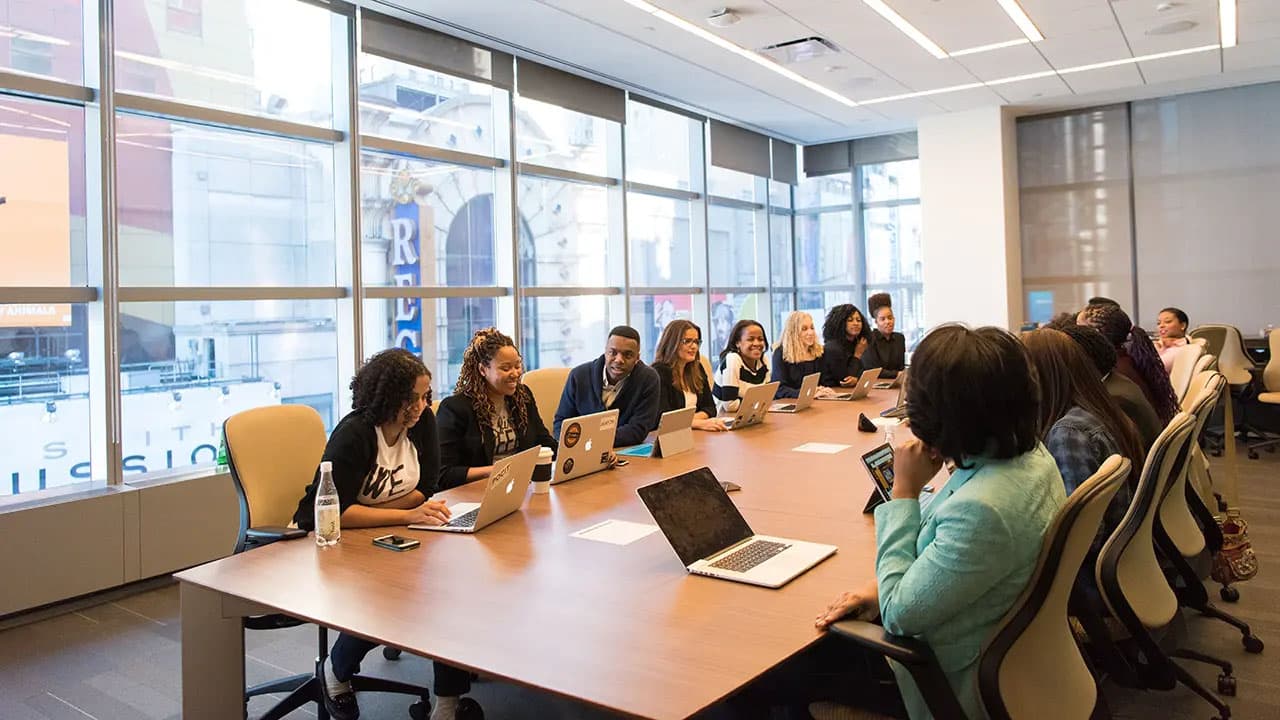Mastering the Art of Team Collaboration
In modern workplaces, effective team collaboration is vital. It is essential for driving innovation and achieving project goals. Understanding best practices for collaboration can significantly enhance team productivity. Here are some key methods to improve teamwork.
Embrace Clear Communication
Effective communication is crucial for successful collaboration. It helps all team members stay aligned and fosters a vibrant exchange of ideas.
- Utilize technology: Use collaboration tools like Slack, Microsoft Teams, or Asana to ensure smooth communication and keep everyone informed.
- Mix meeting formats: Combine in-person and virtual meetings to strengthen team relationships.
- Practice active listening: Encourage team members to listen to each other. This fosters empathy and a deeper team connection.
Define Roles and Responsibilities
Clarity in roles reduces confusion and enhances efficiency. Clearly defined responsibilities ensure that tasks are covered without duplication.
- Leverage individual strengths: Assign tasks based on each member's skills and expertise.
- Use visual aids: Flowcharts or RACI matrices can clarify roles and expectations within the team.
Set Common Goals
Shared objectives provide direction and purpose for the team. All team members should understand and align with these goals.
- Adopt SMART goals: Create Specific, Measurable, Achievable, Relevant, and Time-bound goals for clarity and focus.
- Remain flexible: Be open to adjusting goals as projects progress or new information emerges.
Foster a Culture of Trust
Trust is foundational for teamwork. It promotes confidence and accountability among team members.
- Lead by example: Show trust in your team to encourage them to do the same.
- Celebrate small victories: Recognizing achievements boosts morale and reinforces trust.
- Encourage open conversations: Promote discussions about mistakes and learning experiences to create a safe space for innovation.
Leverage Diverse Perspectives
Diversity brings a wealth of ideas and solutions. Embracing different viewpoints can enhance creativity and effectiveness.
- Promote inclusivity: Seek input from all team members, including those who may be quieter.
- Be open to constructive conflict: Positive conflict can lead to growth and better outcomes.
Strive for Continuous Improvement
Successful teams seek opportunities for growth. Regularly review processes to identify successes and areas for enhancement.
- Conduct retrospectives: After significant milestones, reflect on the team's journey and gather insights.
- Invest in skill development: Encourage team members to pursue continuous learning to enhance their contributions.
Celebrate Team Success
Acknowledgment is vital for motivation. Recognizing achievements reinforces hard work and fosters job satisfaction.
- Personalize recognition: Tailor acknowledgments to individual efforts for greater impact.
- Establish traditions: Regular celebrations, like team lunches or outings, help build team spirit.
Team collaboration is an art that requires attention and dedication. By promoting clear communication, defining roles, setting common goals, building trust, valuing diversity, encouraging improvement, and celebrating successes, teams can achieve remarkable results. Mastering these practices can turn a group into a cohesive and successful unit.












